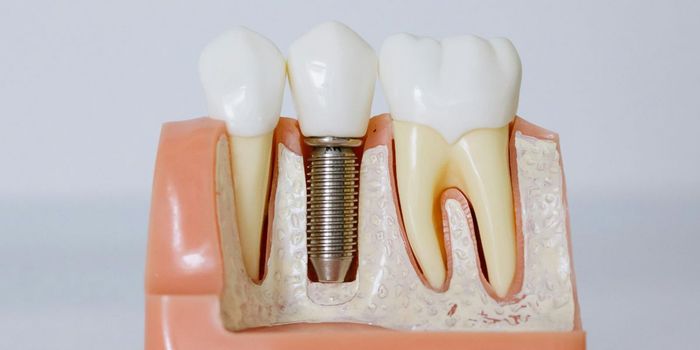How do healthcare insurance disruptions affect access and affordability to care?
Have you ever been in between health insurance coverage and pushed off receiving healthcare that you needed? According to new research published in the American Journal of Preventive Medicine, these types of health insurance coverage disruptions in the United States are consistently associated with worse healthcare access as well as care affordability. These findings come from a comprehensive analysis led by Robin Yabroff, PhD, MBA of the American Cancer Society.
Yabroff utilized data from the 2011-2018 National Health Interview Survey to gather information on insurance coverage disruptions among adults 18-64 years old. Together with colleagues, Yabroff assessed the impacts of the duration of coverage disruption among currently insured and uninsured through a variety of access and affordability measurements.
"Our findings highlight the importance of health insurance coverage continuity related to access to care and affordability. This is especially relevant with recent increases in unemployment due to the COVID-19 pandemic and widespread loss of employer-based private coverage, the primary source of private coverage in the working-age population," said the authors.
Indeed, that study concluded that 5.0% of insured adults with private insurance and 10.7% with insured adults with public insurance reported a coverage disruption in the prior year. Those percentages amount to almost 9.1 million adults in 2018. The number was even higher for currently uninsured adults, 24.9% of whom reported coverage loss within the prior year.
Among these populations who experience disruptions in their health insurance coverage, there is a strong association with worse care access and affordability. Compared to continually insured people, adults with coverage disruptions were not only less likely to receive recommended preventive services, they were also more likely to forgo any needed care because of cost. They also reported higher incidences of medication non-adherence due to cost.
The authors hope their findings will add to the burgeoning evidence of the systemic problems the United States faces with healthcare.
Sources: American Journal of Preventive Medicine, Eureka Alert








